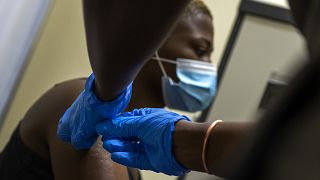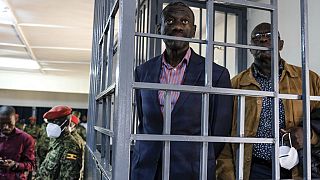Yellow Fever
Fewer People Will Lose Their Lives to Yellow Fever
The World Health Organisation (WHO) will change its policy to recommend using partial doses of the yellow fever vaccine in times of shortages during an outbreak — thanks to results of a recent study led by the Doctors Without Borders Epicentre in collaboration with the Kenya Medical Research Institute, Institut Pasteur de Dakar, and the WHO itself.
Most cases of Yellow Fever — a mosquito-borne acute viral hemorrhagic fever that causes 30,000 deaths per year, occur in Sub-Saharan Africa.
The disease as of yet has no cure.
Hence, prevention is essential — especially as predicting outbreaks is difficult and vaccine production takes up to 12 months to complete.
As this recent study revealed that administering one-fifth of a standard dose of the yellow fever vaccine is effective and safe, governments and health organisations will be able to manage shortages and save many more lives in periods of crisis.












01:19
MSF suspends operations in Haiti amid fresh wave of violence
00:59
Violence continues to escalate in Haiti
Go to video
Africa CDC endorses Morocco's Mpox test
01:15
WHO: Mpox cases in South Kivu may be 'plateauing', but DRC seeing a 'general rising trend' in cases
01:08
Mpox: Nine most affected countries to receive vaccines
01:50
Zipline partners Nigeria for improved healthcare delivery